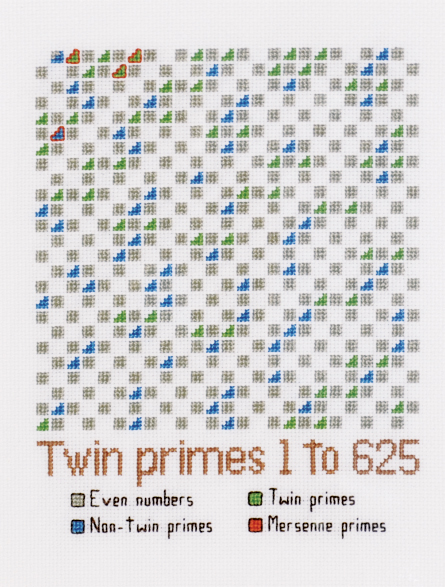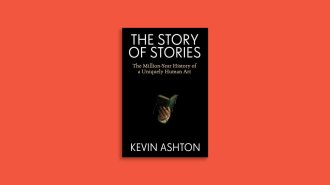Feedback
Sometimes science is political
In “Science slowdown” (SN: 11/30/13, p. 14), Beth Mole reported on how the recent U.S. government shutdown affected science and on the long-term decline in federal research funding. In the same issue’s editor’s note, Eva Emerson expressed concern that efforts to foster scientific curiosity and talent among students will be wasted if there aren’t enough research career options open to brilliant and motivated young people.
Many readers shared our concern, sharing personal stories about the excitement of doing research in the decades after Sputnik, when the United States became a mecca for aspiring scientists from around the world. Others lamented a culture that rewards college football coaches with astronomical salaries while scientific superstars struggle to pay for their work.
But we’ve also received complaints recently that Science News is becoming too political. These readers argue that there’s a plethora of political coverage out there, but that our consistent coverage of pure research is what makes us special.
“I want news about science, research and discoveries. If I want political news and spin I have plenty of sources for that,” wrote Richie Crutcher, who warned us that we risked morphing into Political Science News.
Such comments always induce a round of soul-searching here: Have we strayed from our primary mission? On balance, we don’t think so. We run explicit science policy stories very rarely, and only when it seems that an issue is significant enough to affect the nature and pace of research. By that standard, a many-year downturn in federal research funding is worth exploring.
And looking back, this magazine actually has a long history of reporting on science in the political arena. Psychology and sociology stories in the 1960s explicitly discussed race and civil rights. Back in the 1920s, our then-parent-organization Science Service not only wrote about the debates around the teaching of evolution, it directly aided Clarence Darrow’s defense team in the Scopes trial by gathering scientists to testify and distributing articles defending evolution. Since then, controversies over genetic engineering, abortion, climate change and funding have all played out in our pages. If anything, the last few years have seen a decrease in our coverage of the intersection between politics and science.
The editors of Science News will continue to focus on bringing you the latest research findings, but we will not shy away from the political dimensions of important science nor from examining how scientific discoveries shape society and are in turn shaped by it. That would not be in our tradition.
Brain washing
Tina Hesman Saey wrote about a new idea for sleep’s function in “Sleep allows brain to wash out junk” (SN: 11/16/13, p. 7).
Sleep — or the lack of it — is clearly an issue that many struggle with. “I’ve been interested in sleep deprivation for 40 years, since a week when I didn’t sleep for six days,” Nancy Sutter Axford e-mailed. “It took almost three weeks for my brain to return to normal.” If sleep is required to cleanse the brain, Axford wonders if insomniacs might tend to develop dementia at earlier ages than good sleepers. And Mark Pottenger asks whether the population as a whole may be affected: “Could increasing sleep deprivation in modern society be a causal
factor in increasing dementia?”
Saey responds: “Insomnia is a feature of Alzheimer’s disease, but whether it is a cause or consequence isn’t clear. A study in mice suggests that lack of sleep increases the rate of Alzheimer’s disease plaque formation (SN: 10/24/09, p. 11), and studies in people have hinted that sleep deprivation increases the risk of Alzheimer’s and other neurological disorders. But regardless of the neurological risk, there’s plenty of evidence that lack of sleep is detrimental to overall health (SN: 10/24/09, p. 28).”








